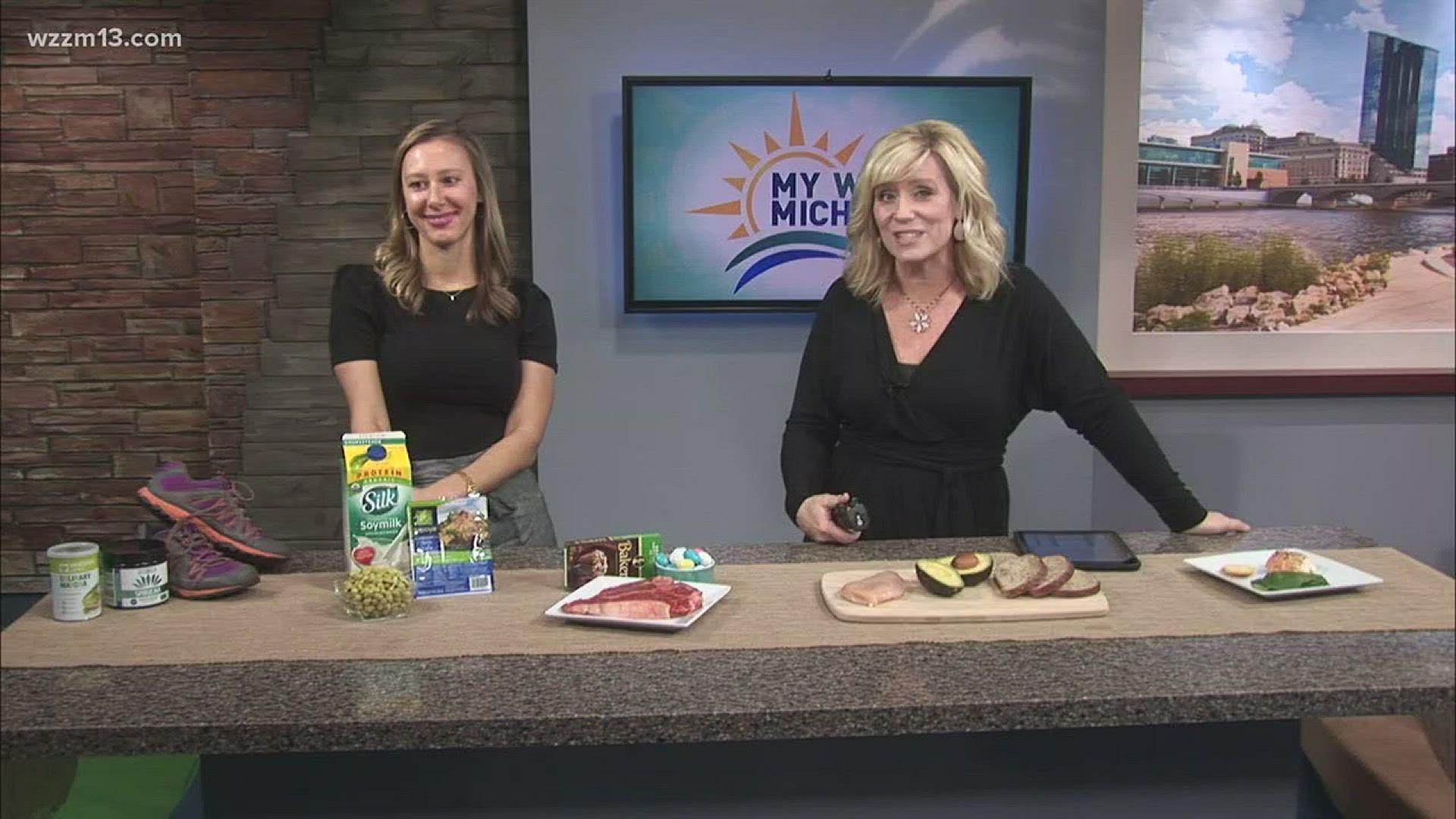Today is National Registered Dietitian Nutritionist Day, so it seems only appropriate to address some of the most common blunders seen in the diet and nutrition world.
It seems every day there is a new study coming out romanticizing which foods do or don’t improve health, leaving the general public confused or taking extreme measures to better their diet.
Here are some of the many things we see our clients struggle with.
Top 5 Common Diet Mistakes:
- A superfood or excessive intake of any one food can replace overall bad lifestyle habits. Eating copious amounts of goji berries won’t replace a sedentary lifestyle or fatty red meat intake every day. Practicing a healthy lifestyle and consuming a variety of fruits and vegetables, lean protein, low fat dairy, legumes, and complex carbohydrates are key to overall good health. This, in combination with consistent physical activity will have the biggest impact on your health long-term.
- All soy is bad. Whole soy foods, such as soymilk, edamame, tofu, or tempeh, in moderate amounts (1-2 servings per day) have actually been shown to potentially have a protective effect when it comes to cancer risk. One serving is 1-cup soymilk, ½ cup edamame, or 1/3-cup tofu. Soy additives in pre-packaged and processed foods are more along the lines of what you should be avoiding or limiting in your daily intake. But then again, you already should be avoiding too much processed foods due to salt content and overall general health.
- Focusing too much on foods you need to avoid instead foods you should make sure to include. This might range from whole food groups, such as carbs or fats, to specific foods, such as red meat, sweets, and “high-carb” bananas. I urge you to find what is going work best for you when it comes to a healthy diet. If you don’t want to sacrifice your red meat, then find a way to get >5 servings of fruits and vegetables daily or keep a conscientious eye on getting adequate healthy fats.
- Eliminating an entire food group. Carbs are good; no, carbs are bad. Fats are good; no, fats are bad. Eliminating a single food group may work in the short-term to kick-start a diet, but it’s best to have a plan for transitioning back into a diet that is all-inclusive. Fat provides energy for the body to function, insulation for essential organs, helps hormones do their necessary work, and absorbs fat-soluble vitamins. Protein is the building block of muscle and helps repair tissues, while carbohydrates provide the main fuel source for bodily functions and can be the biggest contributor to dietary fiber intake. All food groups have important roles in the body.
- Following too restrictive of a meal plan. You have to be able to “dodge and weave” when it comes to what life hands you, especially when it comes to diet and following a healthy lifestyle. They are going to be days where a co-worker brings in a batch of cookies and you are tempted to dig in. The key is being flexible and not so hard on yourself. There are days you will indulge and days when you need to pass on the cookies. There will be more days where a sweet treat presents itself, but just know it shouldn’t always be a yes to indulging and shouldn’t always be a "no" to restricting. The key is balance. If you restrict yourself too much, you may find yourself feeling “hangry” (hungry and angry) or completely leaving a healthy diet behind because it was too restrictive to begin with. Focus on 1-2 aspects of your healthy lifestyle at a time, whether that be diet or fitness-related.
Although the news or social media platforms may have their hearts are in the right place when it comes to delivering nutrition information, you need to have a keen eye for the type of research the information is coming from.
Do your due diligence and look at multiple different sources if possible. If it came from an animal or laboratory study, chances are we have an idea for a potential relationship, but still have no clue as to how this might work in humans yet. If you are still confused, find a local dietitian to consult with.
The website eatright.org provides a search engine for finding dietitians located near you. We are happy to help answer all your diet and nutrition questions and direct you in leading a healthier lifestyle.
►Make it easy to keep up to date with more stories like this. Download the WZZM 13 app now.
Have a news tip? Email news@wzzm13.com, visit our Facebook page or Twitter.

